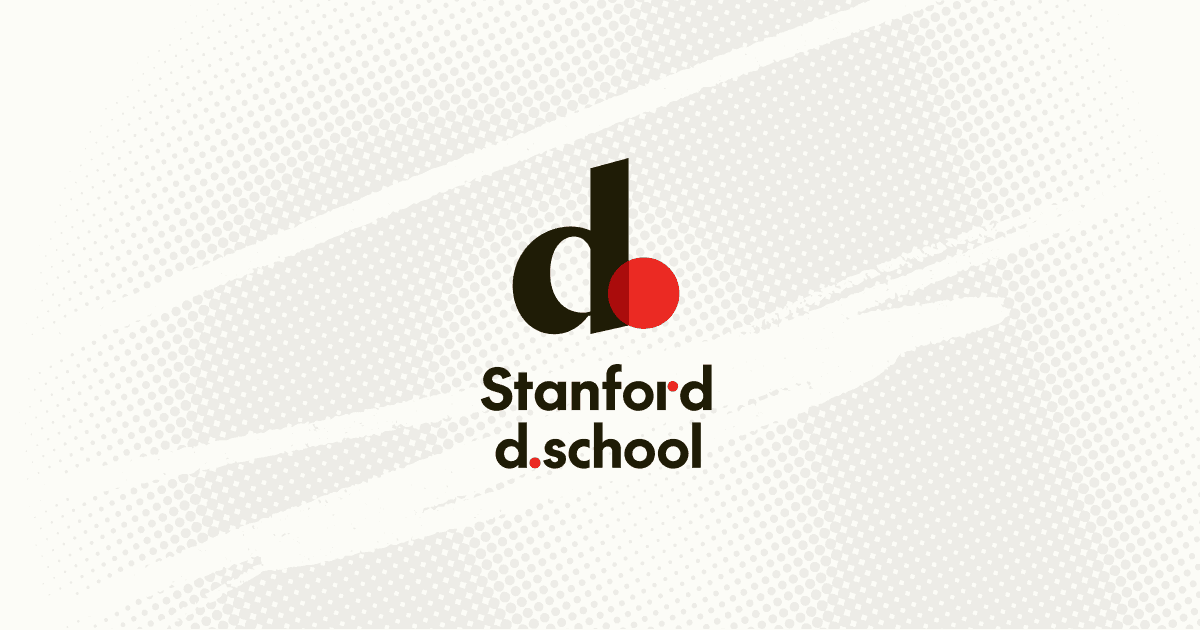AI-Generated Summary
Learn moreContext and Publisher
The Design Thinking Bootleg was developed by Stanford's d.school, a renowned institution focusing on teaching and promoting design thinking. This particular resource is an updated version of the previously archived Design Thinking Bootcamp Bootleg, and it aims to provide a comprehensive set of tools and methods for practitioners and enthusiasts alike. The cards were created by a collaborative effort involving teaching team members, students, and professional designers from around the globe, ensuring a diverse range of insights and methodologies.
Overview of the Design Thinking Bootleg
The Design Thinking Bootleg is essentially a toolkit comprising various tools and methods that can assist users in the design thinking process. It comprises a deck of cards that users can utilize to inspire creativity and problem-solving when faced with challenges. The purpose of the Bootleg is to offer tangible examples that facilitate action, making it a valuable resource for anyone interested in the principles of design thinking. The Bootleg emphasizes that these tools are not static; rather, they evolve over time with contributions from the design community, reflecting the dynamic nature of design thinking itself.
How to Use the Bootleg
Users have the flexibility to engage with the Design Thinking Bootleg either digitally or by printing the provided PDF to create a physical deck of cards. Each card in the deck corresponds to one of the five identified modes of design thinking, which serve as foundational components of the methodology. The color coding on the cards, located at the bottom right corner, allows users to easily identify which mode each card belongs to, enabling a more organized approach to utilizing the resources available.
Evolving Resource for Inspiration
The Design Thinking Bootleg is designed to be an evolving resource, encouraging users to start their journey wherever they find most suitable. It serves as a practical guide, offering inspiration and ideas for generating innovative solutions to problems. This adaptability is crucial for individuals and organizations that aim to foster sustainable practices in various contexts, including housing. By employing the methods outlined in the Bootleg, users can explore new possibilities in sustainable housing design, addressing pressing environmental concerns while enhancing the livability and functionality of spaces.
Access and Availability
The Design Thinking Bootleg is publicly available and can be accessed via the URL provided by the Stanford d.school. This open access allows a wide audience to benefit from its insights and tools, promoting a collaborative approach to design thinking across different fields, including sustainable housing. Users interested in sustainable practices are encouraged to integrate the principles of design thinking as outlined in the Bootleg into their projects, ultimately contributing to more innovative and environmentally conscious housing solutions.
